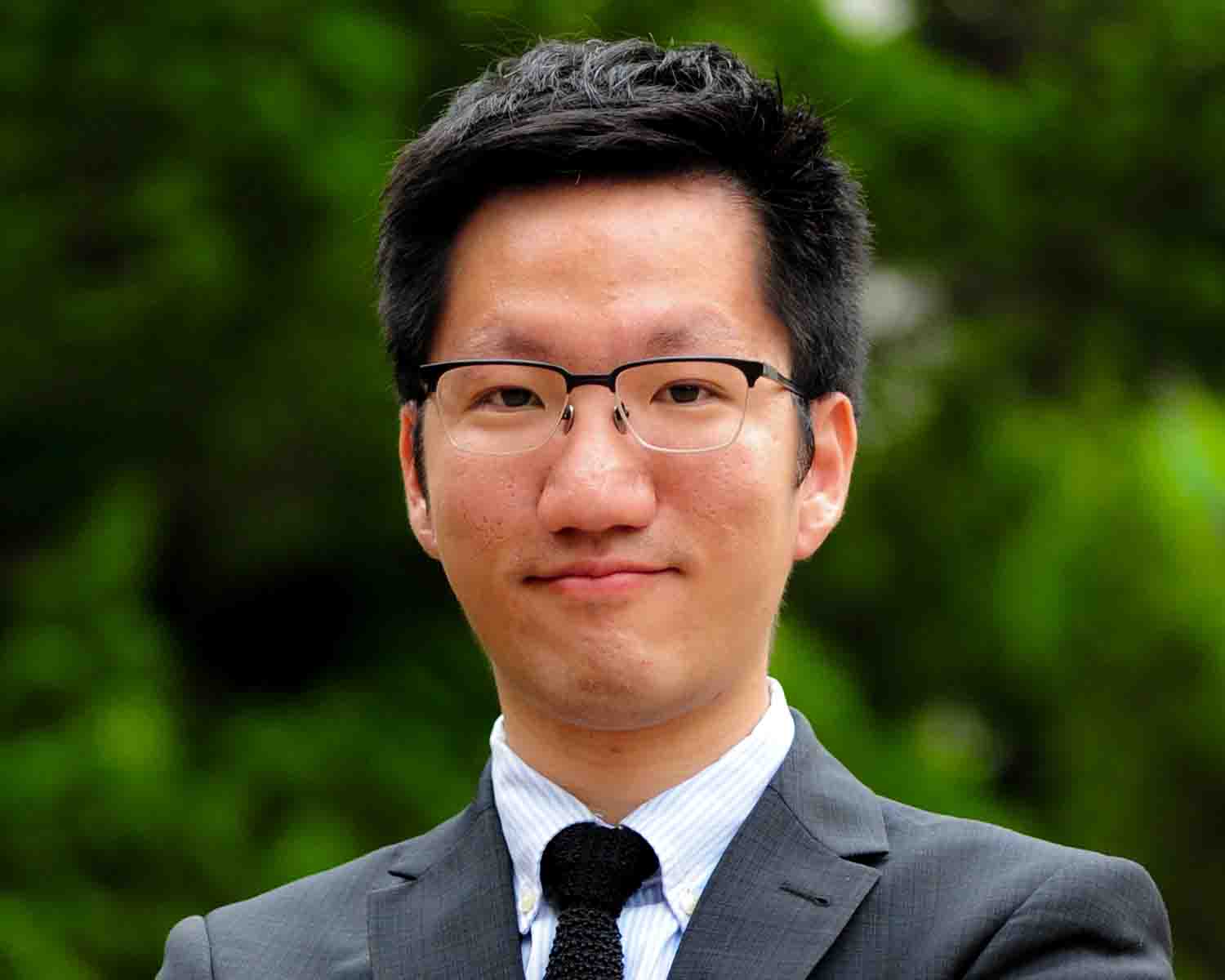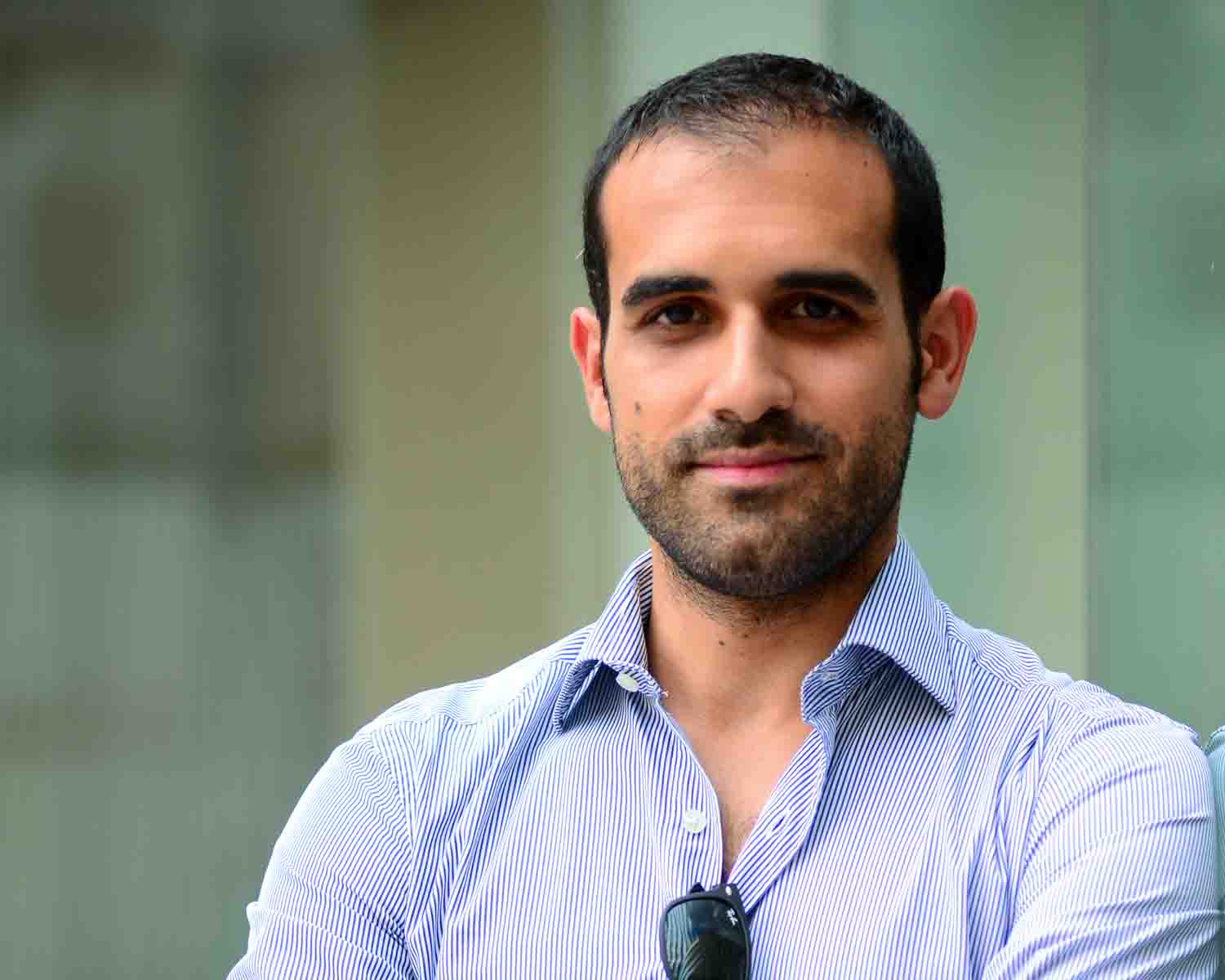Annabelle Low, GMBA Class of 2018
(and many other members of the GMBA family)
We
know that it can be overwhelming when you move from one place to another to
start a new life! Never fear – current local and international students offer
tips from their own experiences that may make getting to know Beijing a bit easier.

1.The SEM buddy program matches
you with a local and international buddy.
Talk to your buddy, communicate your queries, and ask him/her more about Tsinghua and Beijing life.
The more you learn, the more
you know what to expect, and the easier it will be to get used to living here.
——Chris
Leixing Du, President, GMBA Class of 2018 (China)

2. Get
a Yikatong bus card at any metro station and head out to explore the hutongs (胡同) – this will save you some money when
traveling around Beijing.
—— Peren
Xiao, GMBA Class of 2018 (United States of America)

3. Download
WeChat and follow some WeChat accounts to discover new activities. A couple of
very worthwhile accounts are NetImpactTsinghua and TEDXTHU. Don’t hesitate to
join locally organized groups to get to make new friends and get to know Beijing better.
——Niklas
Friese, Class of 2018 (Germany)

4. Download Baidu maps. Beware – Beijing is larger than it looks in the app! Even one block on the map can end up being more than a 20-minute walk. I initially tried to get around by walking, but in the summer heat, I felt like I was sweating buckets. After a week, I bought an e-bike. It doesn’t rain much in Beijing, but when it does, every biker is in trouble. I highly recommend getting a raincoat. It may look super weird, but trust me, it will save your life on rainy days.
——Kevin
Kim, Class of 2018 (South Korea)

5. Don’t
let the haze stop you! Almost everything in Beijing can be delivered to your
doorstep overnight, usually for free or a small delivery fee. From bubble tea
to pastries, fresh fruit to laundry detergent, and even toothpaste to
stationery, delivery will be your best friend.
——Jiayi Leong, Class of 2018 (Singapore)

6. Beijing
always has a lot of events going on, but if you are interested in tech and not
keen on going far, keep a look out for tech-related activities, electives,
courses offered by Tsinghua x-lab, and visiting guest speakers. Perks of the
program!
——Keith
Lau, Class of 2017 (Malaysia)

7. Nobody uses cash anymore in
China! Money is virtual, and you will rarely use notes and coins. Install
Alipay and WeChat on your phone before you arrive. Even most street vendors
accept WeChat Wallet or Alipay. Link your local bank account to them so payments
can be directly debited, or use them as prepaid credit if you don’t want to
link your bank card (this option is popular with exchange students and those
who are not planning to stay long). It may take some time to get your bank
account when you first arrive. You can “top-up” your wallet by asking a
classmate to give you a WeChat “hongbao” in exchange for cash. International
versions of WeChat may not come with the Wallet function, but don’t worry: the
function will automatically appear the first time you receive virtual money via
WeChat.
——Paolo
Scroccu, Class of 2018 (Italy)

8. Download “DaZhongDianPing” (大众点评) for greater savings. The app is in Chinese, but that is okay; it’s actually really intuitive and easy to use. You can search for recommendations on where to eat, shop, get massages, etc. via this app, and you can also leave reviews. Restaurants, massage parlors, and shops commonly offer discounts, special prices and even rebates through this app – sometimes the savings can be quite significant!
——Hiroki
Tsutsumi, Class of 2018 (Japan)

9. Worried
about how to get around? No problem. Beijing has easy and cheap options for
every type of travel. For short distances: rental bikes are available on campus
and in almost any corner of Beijing. Whether the label says “Mobike,” “ofo,” or
something else, the procedure is almost always the same: locate a bike (you can
even make it beep if you are within a few meters of it), scan the QR to unlock,
ride where you want (be careful with Beijing’s traffic), lock it to end the
rental –usually for RMB 0.5-1.0 per unit of time. For longer distances, rainy
days, or going out, call a “Didi” taxi (essentially, Chinese Uber). It offers
different types of cars, and for a small extra fee you can enjoy premium cars
and services, such as chauffeur services (select “专车” in the app). Bonus tip: Trouble reading
Chinese characters? Try Pleco! It's free-of-charge and free-of-ads, loaded with
many incredibly useful features and the best dictionary currently, in my
opinion.
——Roman
Schopphoff, 2016 Exchange Student (Germany)